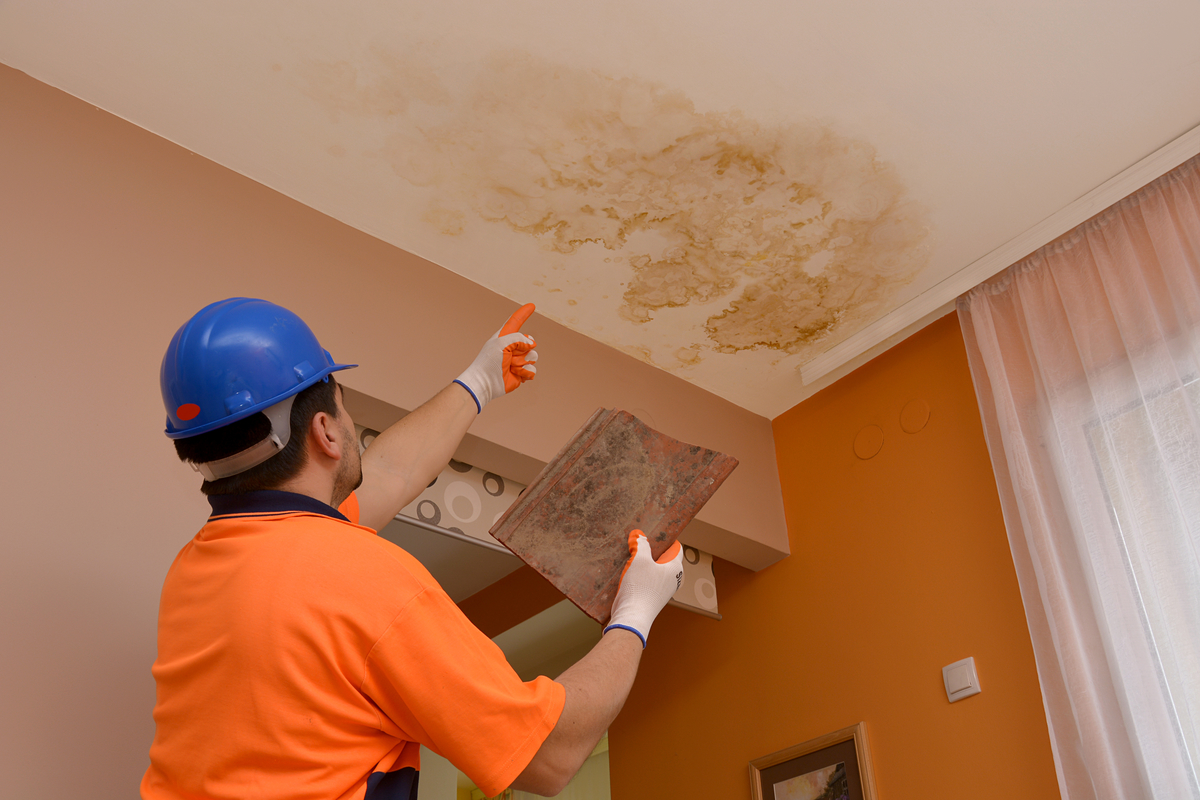Unveiling the Primary Causes of Water Leaks Inside The House
Unveiling the Primary Causes of Water Leaks Inside The House
Blog Article
What are your beliefs about How to detect water leaks in your home?

Leakages not just trigger waste of water however can additionally cause unneeded damages to your residence and also promote unwanted organic development. By looking and recognizing for daily scenarios that create leakages, you can safeguard your house from future leakages and unneeded damages.
Instant temperature level modifications.
Extreme temperature level adjustments in our pipes can cause them to increase and contract all of a sudden. This development and contraction might cause fractures in the pipelines, especially if the temperature are below freezing. If you maintained an eye on exactly how your plumbing works, it would be best. The existence of the previously discussed conditions frequently indicates a high risk.
Corroded water systems
This might be the cause of staining or bending on your water pipelines. If our plumbing system is old, consider replacing the pipelines given that they are at a greater threat of rust than the more recent models.
Defective Pipeline Joints
The point at which your pipelines connect is often the weakest web link in the waterline. Pipe joints can deteriorate in time, causing water leaks. Unfortunately, the majority of pipeline joints are not easily noticeable. If you have loud pipes that make ticking or banging sounds, specifically when the hot water is turned on, your pipe joints are possibly under a great deal of stress. It is a good idea to have your plumber check your system once a year.
Encroaching origins
Most water leaks start outside the house rather than inside it. You might discover damp patches or sinkholes in your yard, as well as that might suggest that tree roots are invading water lines creating water to permeate out.
Poor Water Connectors
Sometimes, a leakage can be brought on by loose hose pipes and also pipelines that supply your devices. Usually, changing is what causes the loose water Links. You might locate when it comes to a washing equipment, a hose may spring a leak because of drinking during the spin cycle. In case of a water connections leakage, you may notice water running straight from the supply line or puddles around your home appliances.
Blocked Drains
Blocked drains may be bothersome and inconveniencing, however they can in some cases end up causing an overflow resulting in burst pipelines. Maintain eliminating any type of materials that might go down your drains pipes that could block them to stay clear of such hassles.
All the above are sources of leakages however not all water leakages result from plumbing leakages; some leakages may originate from roofing leaks. All leaks must be repaired right away to stay clear of water damage.
Leakages not only cause waste of water but can likewise cause unnecessary damage to your home and also promote unwanted organic growth. By looking as well as recognizing for daily situations that cause leaks, you can secure your home from future leakages and also unnecessary damage. Today, we will look at 6 leak triggers that may be triggering your pipes to leak.
At times, a leak can be triggered by loose tubes and also pipelines that provide your home appliances. In instance of a water connections leak, you may observe water running straight from the supply line or puddles around your appliances.
How To Check For Water Leak In Your Home
How To Check for Leaks
The average household's leaks can account for nearly 10,000 gallons of water wasted every year and ten percent of homes have leaks that waste 90 gallons or more per day. Common types of leaks found in the home are worn toilet flappers, dripping faucets, and other leaking valves. These types of leaks are often easy to fix, requiring only a few tools and hardware that can pay for themselves in water savings. Fixing easily corrected household water leaks can save homeowners about 10 percent on their water bills.
To check for leaks in your home, you first need to determine whether you're wasting water and then identify the source of the leak. Here are some tips for finding leaks:
Take a look at your water usage during a colder month, such as January or February. If a family of four exceeds 12,000 gallons per month, there are serious leaks.
Check your water meter before and after a two-hour period when no water is being used. If the meter changes at all, you probably have a leak.
Identify toilet leaks by placing a drop of food coloring in the toilet tank. If any color shows up in the bowl after 10 minutes, you have a leak. (Be sure to flush immediately after the experiment to avoid staining the tank.)
Examine faucet gaskets and pipe fittings for any water on the outside of the pipe to check for surface leaks.
Undetected water leaks can happen without the home or business owner even realizing. If you suspect a water leak, but not able to find the source. It is time to contact a professional water leak detection service, The Leak Doctor.
How To Find a Water Leak In Your Home
https://www.leakdoctor.com/blog/How-To-Check-For-Water-Leak-In-Your-Home_AE197.html

As an avid person who reads on How Fast Water Damage Can Ruin Your Home, I imagined sharing that editorial was smart. Do you know somebody else who is interested in the topic? Please feel free to promote it. Thanks for your time spent reading it.
For instant fixes, dial! Report this page